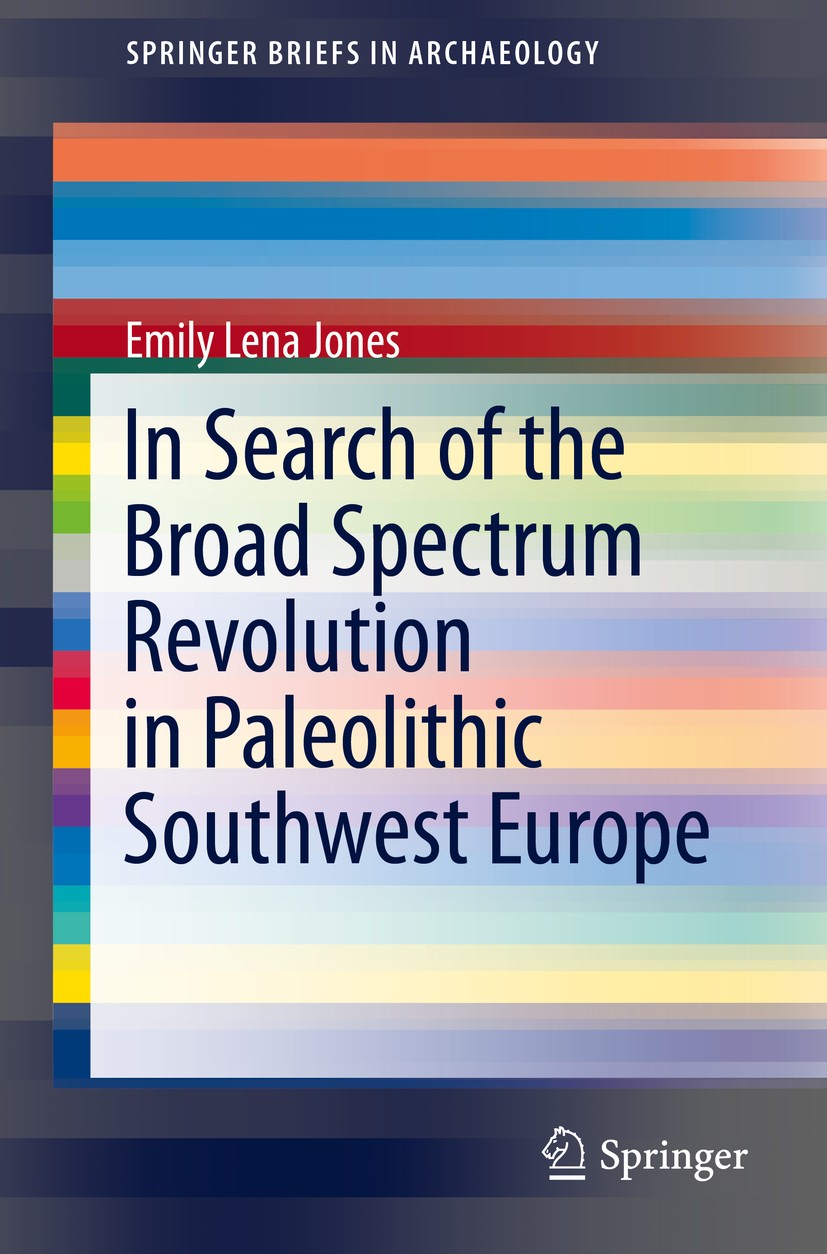| 书目名称 | In Search of the Broad Spectrum Revolution in Paleolithic Southwest Europe |
| 编辑 | Emily Lena Jones |
| 视频video | http://file.papertrans.cn/463/462961/462961.mp4 |
| 概述 | Explains the logic of the foraging theory and its proposed alternative, the niche construction theory.Explores the subsistence and settlement behavior of hunter-gatherers in various environments.Discu |
| 丛书名称 | SpringerBriefs in Archaeology |
| 图书封面 |  |
| 描述 | .The people who inhabited Southwest Europe from 30,000 to 13,000 years ago are often portrayed as big game hunters – and indeed, in some locations (Cantabrian Spain, the Pyrenees, the Dordogne) the archaeological record supports this interpretation. But in other places, notably Mediterranean Iberia, the inhabitants focused their hunting efforts on smaller game, such as rabbits, fish, and birds. Were they less effective hunters? Were these environments depleted of red deer and other large game? Or is this evidence of Paleolithic people’s adaptability? .This volume explores these questions, along the way delving into the history of the “bigger equals better” assumption; optimal foraging theory and niche construction theory; and patterns of environmental and subsistence change across the Pleistocene-Holocene transition. . |
| 出版日期 | Book 2016 |
| 关键词 | Broad Spectrum Revolution and human population growth; Optimal foraging theory; Pleistocene environmen |
| 版次 | 1 |
| doi | https://doi.org/10.1007/978-3-319-22351-3 |
| isbn_softcover | 978-3-319-22350-6 |
| isbn_ebook | 978-3-319-22351-3Series ISSN 1861-6623 Series E-ISSN 2192-4910 |
| issn_series | 1861-6623 |
| copyright | The Author(s) 2016 |
 |Archiver|手机版|小黑屋|
派博传思国际
( 京公网安备110108008328)
GMT+8, 2026-1-16 18:16
|Archiver|手机版|小黑屋|
派博传思国际
( 京公网安备110108008328)
GMT+8, 2026-1-16 18:16


